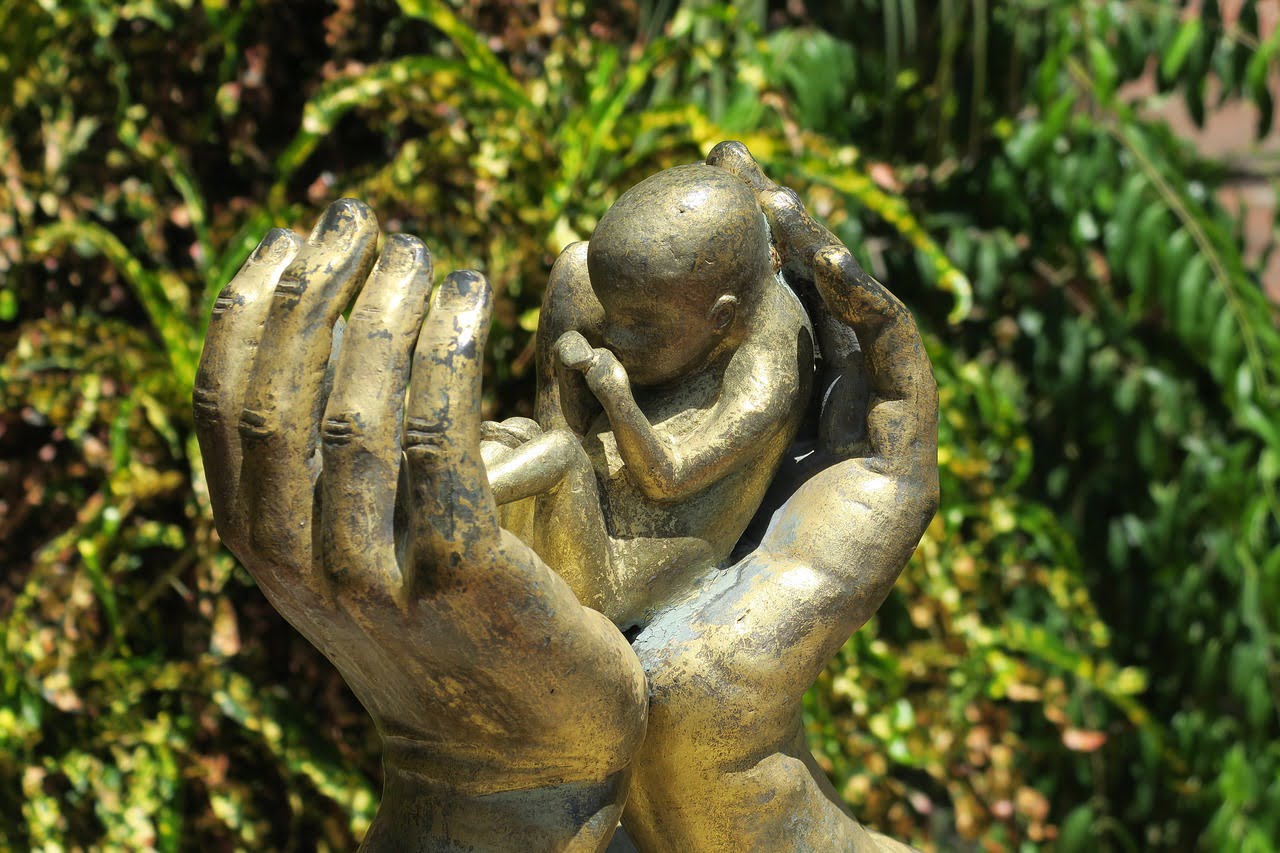Strangely Absent From Supreme Court Abortion Argument; Could States Adopt Similar Laws to Ban Voting By Black Citizens?
Q3 2021 hedge fund letters, conferences and more
Absent Supreme Court Abortion Argument
WASHINGTON, D.C. (November 1, 2021) - Strangely absent from this morning's Supreme Court arguments - on whether various plaintiffs can sue to block a Texas law which permits private citizens to enforce an arguably unconstitutional ban on most abortions - was any mention of a legal procedure which would permit such private citizens to be sued themselves, therefore providing a possible alternative remedy for plaintiffs, argues public interest law professor John Banzhaf, who has himself created several novel legal remedies.
The issue of an alternative legal remedy for testing the legality of Texas's SB 8 is central, since plaintiffs' arguments are largely based upon the claim that their unusual law suits must be permitted because there are no other feasible remedies for testing the constitutionality of the Texas' unique statute, nor of deterring the possible endless chain of law suits which are effectively depriving women of their constitutional right to an abortion in that state.
This issue is much broader than abortion rights, says Banzhaf, since, as several justices noted, a similar statute prohibiting the private ownership of guns could likewise seek to prevent judicial review by limiting the power to enforce it to suits by private citizens.
Indeed, notes the professor, one could even imagine a law suit prohibiting voting by Black citizens, and/or those publicly expressing support for "Black Lives Matter" or critical race theory, crafted in the same way to thwart judicial review and remedies.
Civil Action for Deprivation of Rights
But one way to fight suits brought under SB 8 might be for defendants in such suits to sue those bringing the actions under 42 U.S.C. 1983 [Civil Action for Deprivation of Rights]. This statute reads in part that:
"Every person who, under color of any statute . . , or usage, of any State . . . subjects, or causes to be subjected, any citizen of the United States . . . to the deprivation of any rights, privileges, or immunities secured by the Constitution and laws, shall be liable to the party injured in an action at law, suit in equity, or other proper proceeding for redress."
While many have read this statute to simply extend the same remedy now provided in so-called "Bivins actions" against federal officials who act to violate constitutional rights to state officials who do likewise, it is actually much broader, says Banzhaf, who teaches the law related to this statute.
"Under cover of any [state] statute" is clearly broader than "any state official" or "any state employee," and would seem to apply to private persons who subject those aiding in an abortion to a legal action under color of Texas state law SB 8, he argues.
Such a law suit - especially when brought in a federal court likely to be less sympathetic to this Texas law than a court in Texas - would not only permit an attack on the constitutionality of SB 8, but also provide strong and effective sanctions against those who act "under color of state law" SB 8, he suggests.
Also, argues Banzhaf - whose novel legal actions helped lead to a special prosecutor, forced former Vice President Spiro Agnew to disgorge money he acquired in bribes, and has been called "The Law Professor Who Masterminded Litigation Against the Tobacco Industry" - acting under color of state law is a much broader concept than acting in concert - the limiting principle of the ex parte Young case discussed by several justices.













